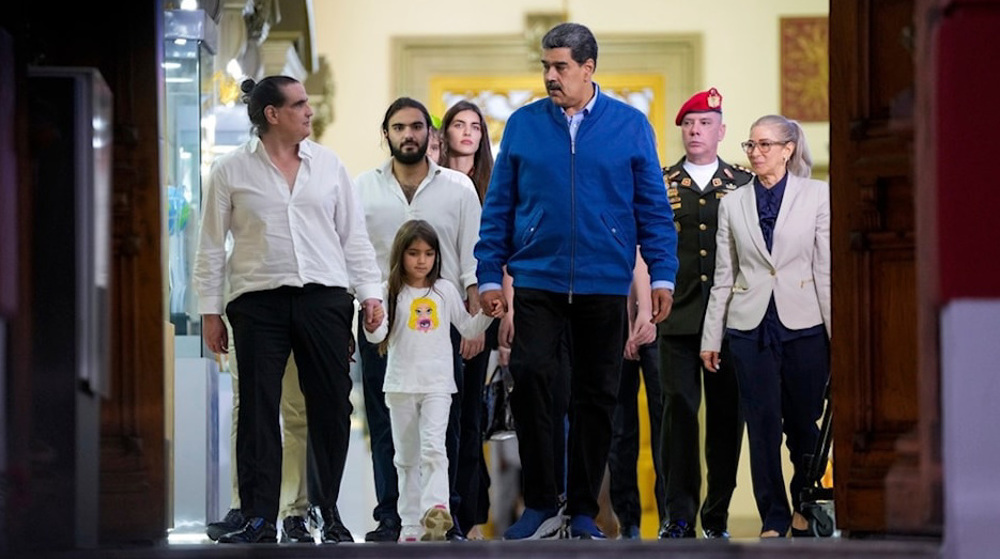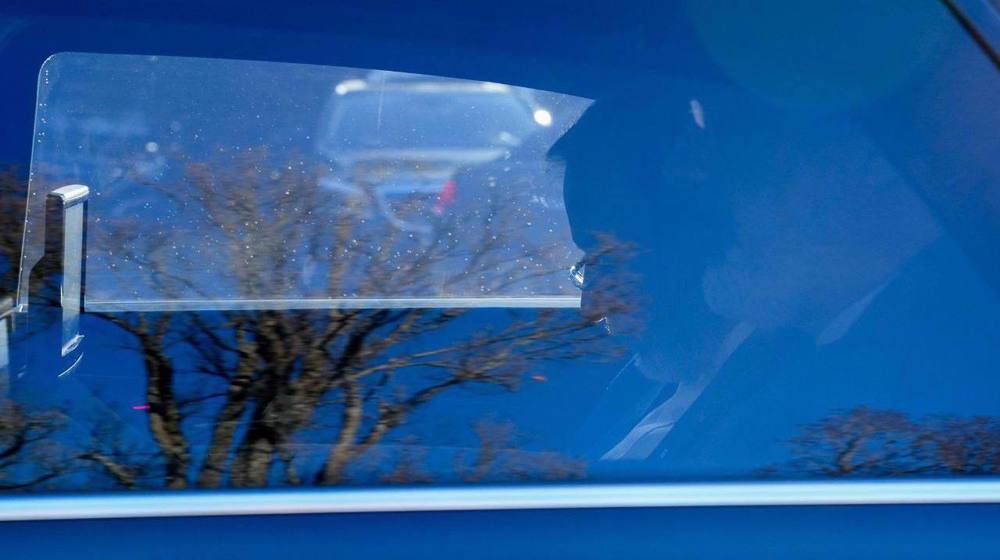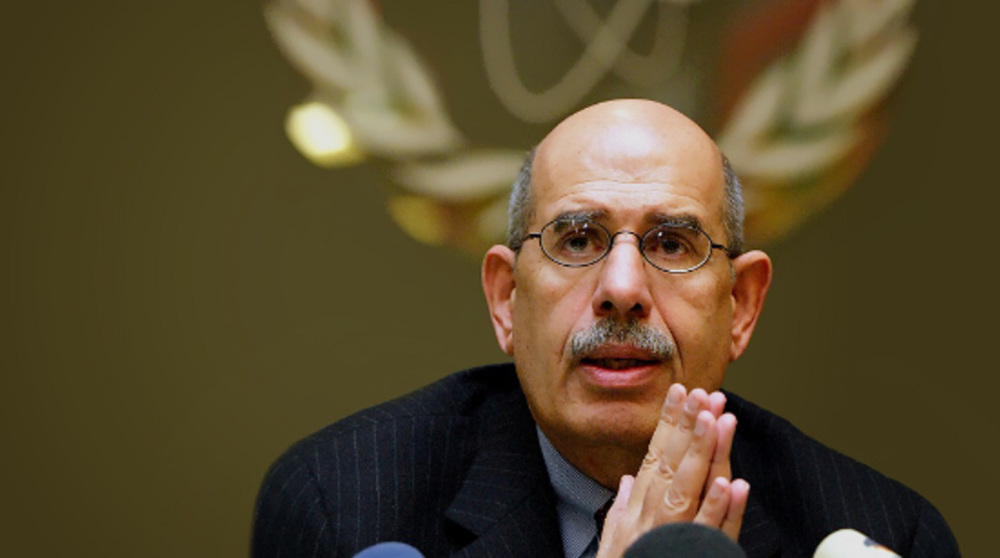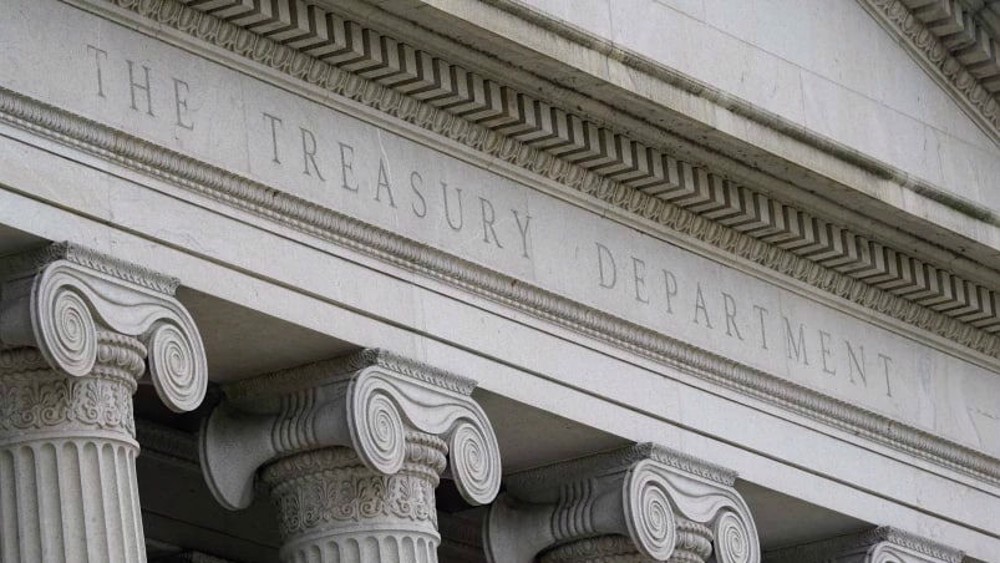Freed Venezuelan prisoner says tortured by US
Colombian businessman Alex Saab, a close ally to the Venezuelan president, says he was tortured by the US after being arrested in Cape Verde.
Saab, a confidant of Venezuelan President Nicolas Maduro, was arrested by local authorities during a stopover in the African archipelago nation of Cape Verde in June 2020.
A year later, he was extradited to the US and released last week in a prisoner swap involving 10 American detainees, 20 Venezuelan political prisoners and a US Navy’s scandalous fugitive dubbed “Fat Leonard.”
“The second night (in Cape Verde) the beatings began. Almost my whole body was left bruised. They cut up my arms... they poured alcohol and water on me, they put the lamp on my face,” Saab said in a podcast that was produced with Maduro and released on Thursday.
“They knocked out three of my teeth... they hit me hard,” said Saab.
He said the “torture” was a result of his refusal to provide information about the routes of ships bringing medicine and food to Venezuela, bypassing US sanctions.
Saab said the torture ended in October 2020 after a visit from an unnamed human rights group.
He gave few details about his detention in the United States after his extradition, but said that two days before his release, he had been locked in a glass cell measuring “three meters by three meters” (10 square feet), without food or water. He said he had to sleep on “a stretcher” in frigid cold.
“I think it was -10 degrees (Celsius), we were shivering,” he said.
Maduro described the US’s hostile act as “malice” in 2021.
The kidnapping led to the suspension of negotiations with the US-backed opposition in Mexico City back in that year.
Caracas immediately denounced the move as “kidnapping” and suspended the talks, mediated by Norway and hosted by Mexico, which were intended to resolve the years-long crisis in the Latin American country.
Maduro had intended to name Saab a member of the delegation to the negotiations.
Washington charged Saab in 2019 in connection with a “bribery scheme” and sanctioned him for allegedly orchestrating a corruption network that allowed Caracas to profit from a state-run food subsidy program.
However, Saab’s lawyer dismissed the US charges as “politically motivated”.
US economic sanctions on Venezuela have plunged the nation into poverty, with a majority of the population grappling with lack of access to basic needs, gasoline shortage and frequent power cuts. The dire conditions have prompted millions of Venezuelans to seek better living conditions through moving to other countries.
Exclusive: China voices support for Iran’s stability amid US threats
Border guards seize weapons, ammo cache from terrorists in southeast Iran
VIDEO | Brazil: Uba River floods destroy bridge and buildings, leave people missing
Iran-US negotiators take break after three hours of ‘very serious’ talks
VIDEO | ‘Clear stance’: Iran reiterates its nuclear rights as per NPT, intl. law
Press group: Israel accountable for two-thirds of 129 journalist fatalities in 2025
Iran summons Dutch ambassador to protest diplomat’s smuggling attempt
Iran’s rejection of nuclear weapons based on religious beliefs: Pezeshkian










 This makes it easy to access the Press TV website
This makes it easy to access the Press TV website